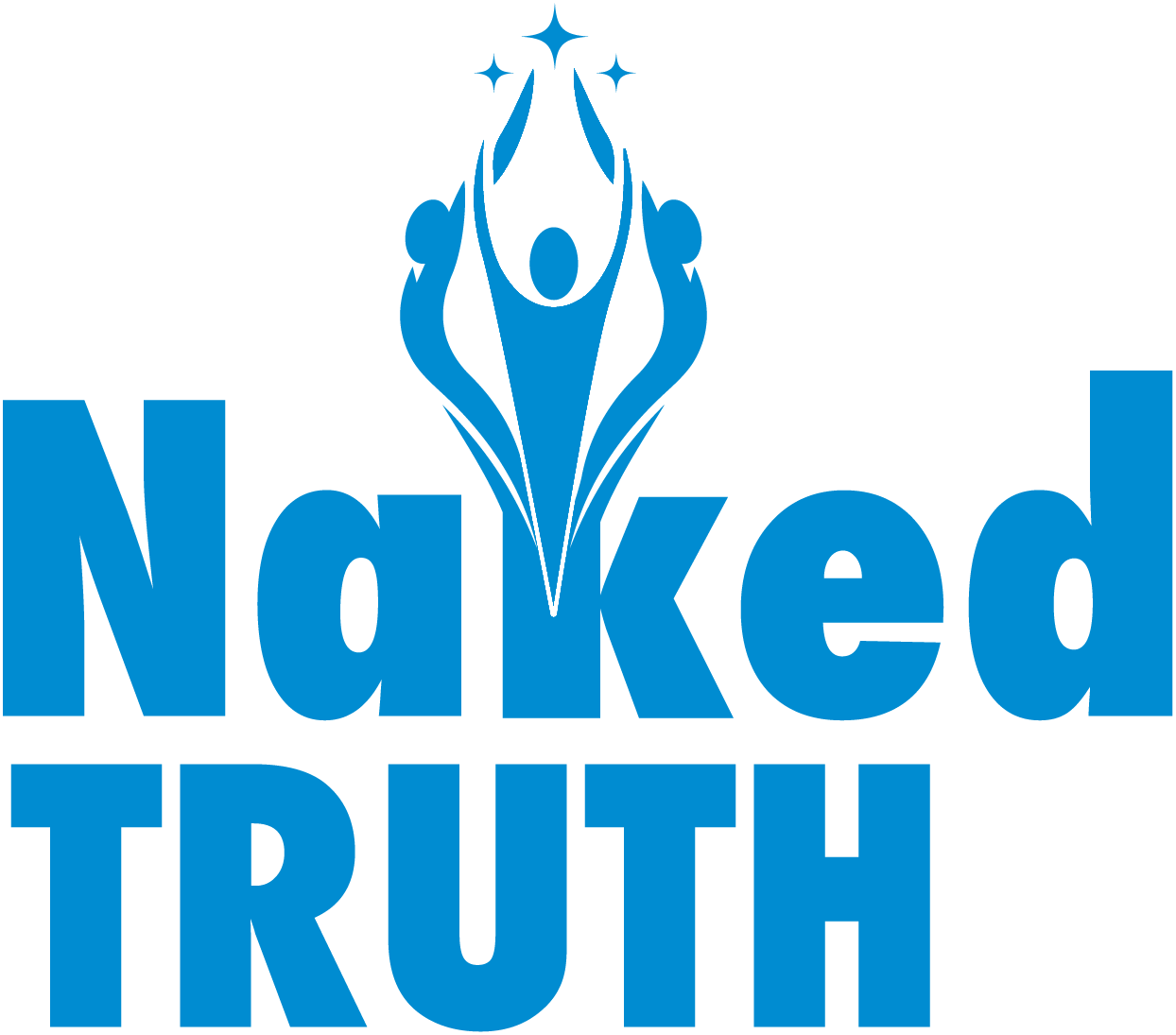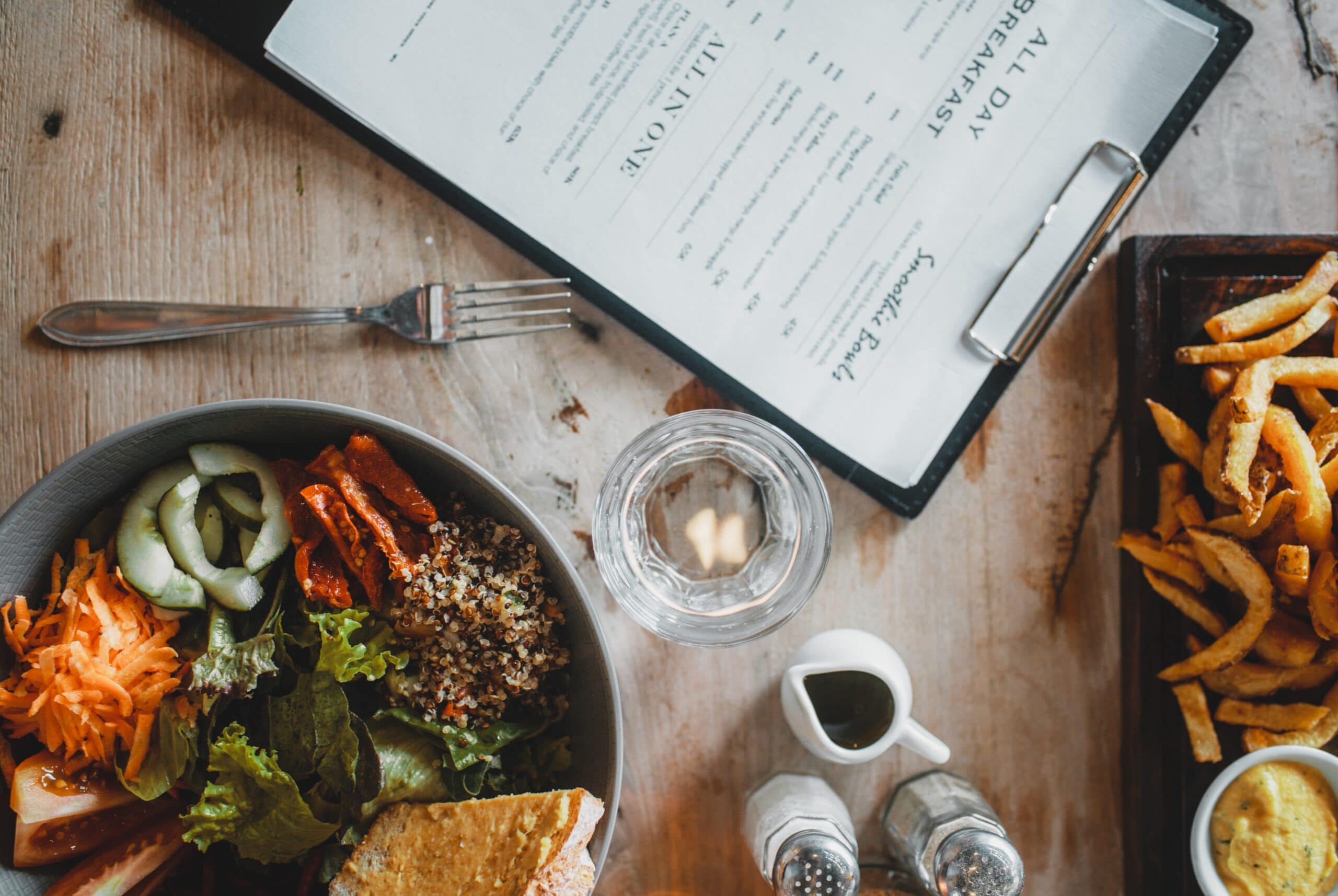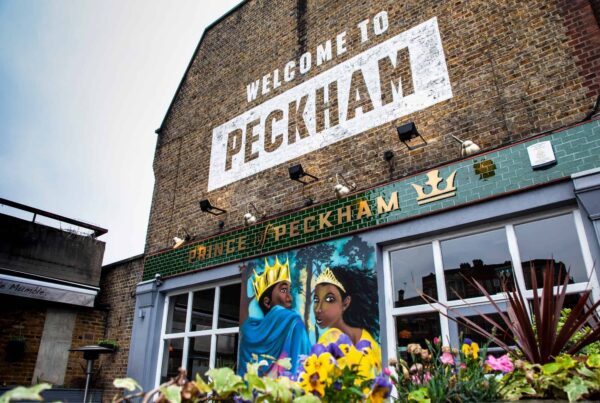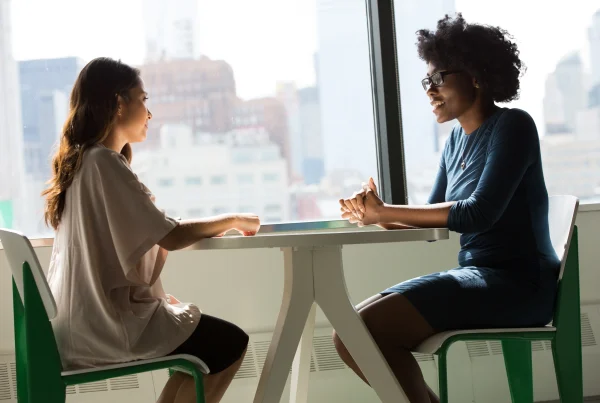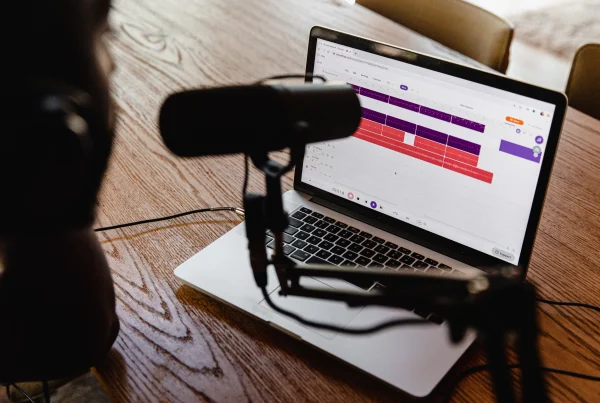What’s for dinner? What’s wrong with those words, some may say. Nothing. Except that these three words are uttered by my daughter first thing in the morning and sometimes last thing at night in anticipation of the next day! Is she hungry? Is she Greedy?
She could be either, but it made me think – people, somewhere in the world, just don’t have the opportunity to ask that question. A question that solicits the thought that there is choice available. Is it justified, fair, that some of us can have too much choice and others, no choice?
The current world affairs have systematically taken away our choice to work, socialise, exercise, eat out …… But I think it’s a good thing. You see when we have a surplus, we don’t appreciate the true value of things and that can have damaging effects on our mental well-being. How so? Take for example when you’ve been invited out for a meal at an authentic restaurant, say a plush Indian Restaurant. Ok, so you’re handed the menu which in itself fills 4 pages of a booklet, at least 75 offerings. But I only wanted a chicken dish. Now there’s the problem – there isn’t just one dish, there’s several, chicken satay, lemon chicken, sweet & sour chicken, curry chicken, chicken masala, chicken madras, chicken korma, and the list goes on. I’m not saying it’s not nice to have choice but seriously, too much choice as this can be paralyzing and exhausting. We can set unrealistic expectations and blame ourselves for choosing what we believe to be the wrong decision. So about 30 minutes later I still cannot decide what to have but if I only had 3 choices, I would still be happy and no doubt everyone else would be happy and eating a lot earlier!
I started off with food as that subject prompted this article, but this matter of choice crosses all aspects of life whether it’s clothes, electricals, gadgets etc. to the point where we are at a crossroad as to whether too few choices and we feel cheated; or too many and we’re overwhelmed.
There are many things we cannot change about choices because it’s linked to business. It’s about commercialism. It’s about sales. It’s about profit. It’s about greed. I’m not saying choices are bad, as there is an element of fun in decision-making, but also it carries a lot of mental fatigue. Did you know that the average adult makes about 35,000 remotely conscious decisions every day? And for every decision there is a consequence, good or bad.
But what we can change is our attitude. I love the fact that I can choose but my attitude and moral conscience should affect my choices. I’m often brought to shame when I think about those less ‘privileged’ than I and simply do not have choices in things that we may take for granted i.e., food, clothes choices. How often we see charity sponsored images on TV particularly of children starving and in need of sustenance. These children have no choice. They eat what there is or they just don’t eat. So, we should always think before we glee at the plethora of everyday choices we currently have – consider those who have no choice and simply avoid over-ordering or wasting anything.
We’ve all learnt recently with paradigm shift created by Covid-19 that things can suddenly change overnight. What we have now may one day be gone. What would then be our priority, our accumulation of material assets, abundance of food, wardrobe packed with clothes? The bottom line is: we should all make choices not based on comforts or wants, but on sound values and beliefs.
